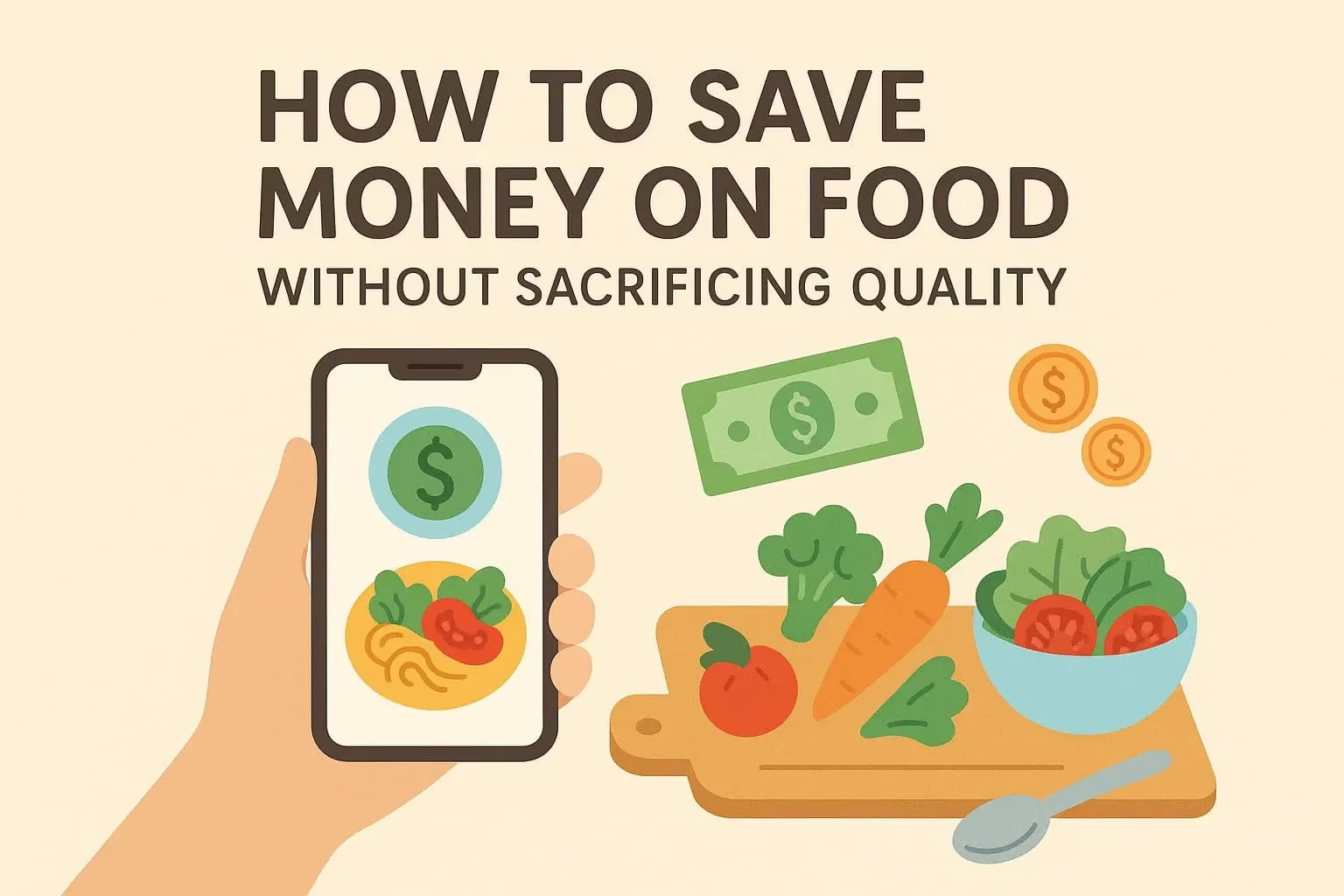We live in a world that glorifies exhaustion. Productivity is praised. Hustle is romanticized. Burnout is normalized.
In this context, choosing to rest — without guilt, without apology, and without needing to “earn” it — is not laziness.
It’s a radical act of self-respect.
Rest isn’t just something you do when you’re depleted. It’s something you deserve simply because you’re human. In this article, we’ll explore how rest is an essential component of extreme self-care, how society conditions us to ignore our need for it, and how reclaiming rest can transform your entire life.
Why Rest Is More Than Just Sleep
Rest is not just about getting more hours in bed (although that’s important, too).
Rest means replenishing your energy — mentally, emotionally, physically, and spiritually.
There are many types of rest, including:
- Physical rest (sleep, naps, stretching)
- Mental rest (taking breaks from thinking, planning, and decision-making)
- Emotional rest (being in spaces where you don’t have to perform or manage others’ emotions)
- Creative rest (stepping away from problem-solving and allowing space for inspiration)
- Social rest (taking space from draining conversations or environments)
- Sensory rest (reducing noise, screen time, bright lights)
True rest is about receiving relief, not just stopping activity.
Why Rest Feels Uncomfortable for So Many People
Rest should be easy, right? So why does it often come with guilt, anxiety, or even shame?
Cultural Conditioning:
We’re taught that our value comes from doing:
- “If I’m not busy, I’m not being productive.”
- “Rest is something I get when I deserve it.”
- “If I stop, I’ll fall behind.”
- “Hard work is the only path to success.”
This results in:
- Guilt when resting
- Anxiety during downtime
- Feeling the need to “justify” breaks
- Associating rest with failure or weakness
But this mindset is a lie. You are not a machine.
Rest Is Resistance
In a society that wants you to:
- Keep grinding
- Push through fatigue
- Ignore your limits
- Always say yes
- Be available 24/7
Choosing rest is rebellious. It says:
“I will not sacrifice my health for hustle.”
“My worth is not measured by my productivity.”
“I choose presence over pressure.”
“I will not abandon myself to meet expectations I never agreed to.”
Rest is how you reclaim your body, your time, and your humanity.
What Happens When You Don’t Rest
Chronic rest deprivation leads to:
- Burnout and brain fog
- Emotional dysregulation (more anxiety, less resilience)
- Weakened immune system
- Disconnection from your body
- Loss of creativity and motivation
- Increased self-criticism and reduced self-worth
Eventually, your body will force you to rest — through illness, breakdowns, or shutdowns.
But it doesn’t have to get to that point.
What Happens When You Choose to Rest Intentionally
When you start building rest into your life as a non-negotiable, you may notice:
- Clearer thinking and better focus
- More emotional stability and patience
- Greater creativity and inspiration
- Stronger connection to your body
- A sense of peace and groundedness
- More authentic energy — instead of forced momentum
You stop living in survival mode.
You start living in alignment.
How to Practice Rest as Self-Respect (Not Just Recovery)
1. Stop Waiting to Deserve It
You don’t need to “earn” rest by working harder, doing more, or proving your worth.
You need rest because you’re alive — not because you’re exhausted.
Make rest part of your routine, not just your recovery plan.
2. Schedule It Like You Would a Meeting
Put it on your calendar:
- Daily “nothing” time
- Weekly blocks of unstructured time
- Seasonal rest (a weekend offline, a vacation, a break from commitments)
If you don’t plan rest, the world will fill that space for you.
3. Protect It Like a Boundary
Say:
- “I’m offline after 7PM.”
- “I won’t be available this weekend.”
- “I need some downtime right now — let’s talk tomorrow.”
You don’t owe anyone access to your energy 24/7.
4. Normalize Doing Less
Start asking yourself:
- “Does this really need to get done right now?”
- “Can I simplify this?”
- “What happens if I let this be good enough?”
Letting go of perfection makes space for rest.
5. Create a Ritual of Rest
Make rest feel safe and sacred.
Ideas:
- A quiet tea ritual at the end of your day
- Music and candles before a nap
- A slow walk without your phone
- Turning off your screens and reading fiction before bed
- Journaling or simply lying still and doing nothing
Give your nervous system something to exhale into.
When Rest Feels Like a Threat
It’s normal to feel restless or guilty when you begin resting more — especially if you’ve lived in overdrive for years.
Remind yourself:
- “This discomfort is old programming, not truth.”
- “Rest is a need, not a weakness.”
- “I’m allowed to pause.”
- “I don’t have to perform for peace.”
You’re not lazy — you’re unlearning survival mode.
Final Thought: You Are Not a Machine
You were not designed to run 24/7. You were designed to breathe, to pause, to reset, to sleep, to simply be.
So rest today — not because you’re broken, but because you’re worthy.
- Rest because your body is sacred.
- Rest because your mind deserves space.
- Rest because you love yourself enough to stop pushing.
And when you do?
You’ll rise with energy that comes from wholeness — not depletion.






